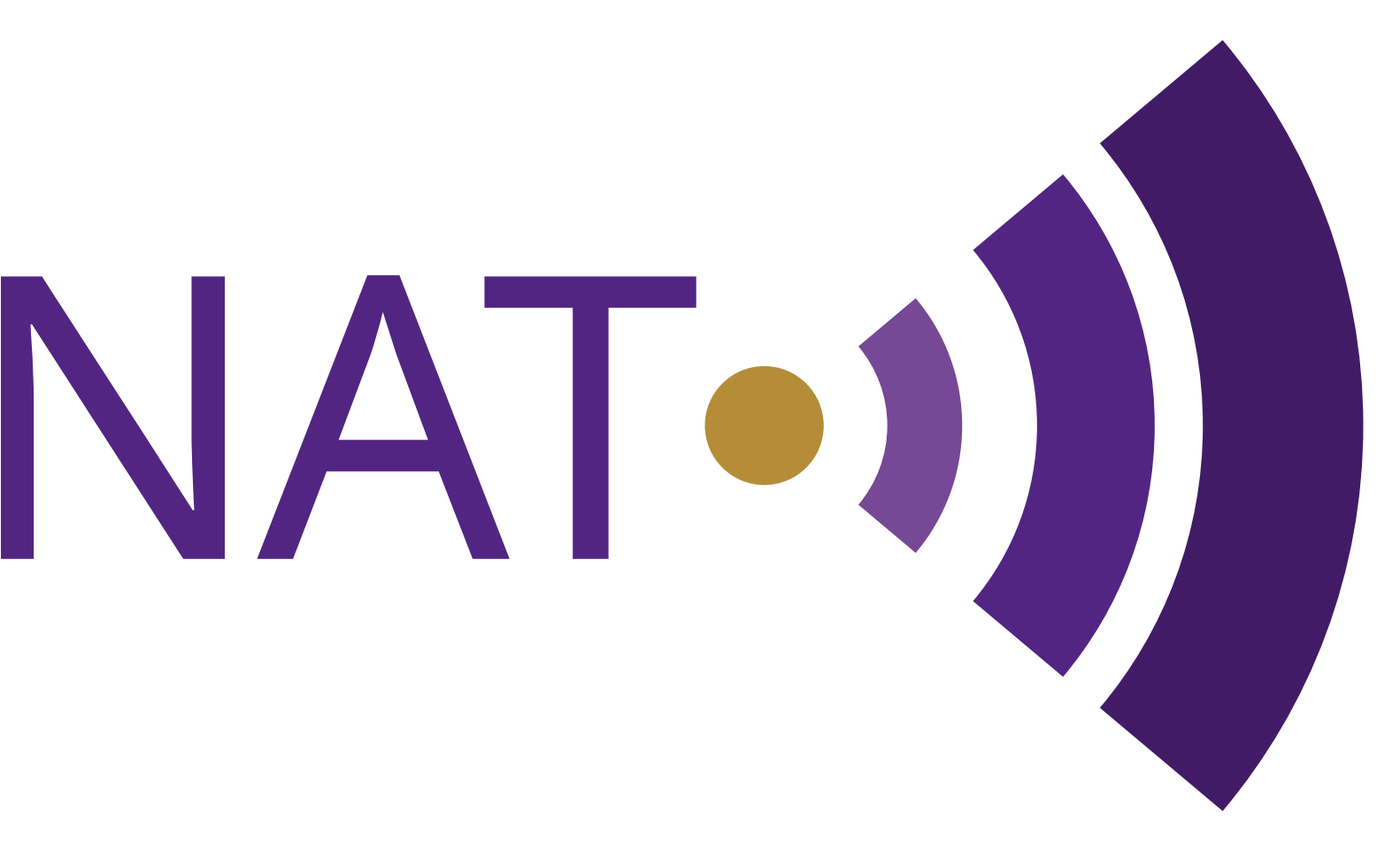Progress of the work at the London School of Economics and Political Science is described below by Martin Knapp and Valentina Iemmi. In parallel we continue to spread the word about the goals of NAP and to look for support from a broad range of organisations and individuals.
The Chairman and Director of NAP attended the public consultation event held by the All-Party Parliamentary Group on Autism (APPGA) in July which focused on seven topics: the built environment and transport, support for children outside education, welfare benefits, education, employment, the criminal justice system and support for adults. Common themes were lack of understanding of the needs of autistic people, inadequate service provision and lack of money, all issues that NAP will hope to address in the future.
Ian Ragan gave a presentation of NAP’s aims, structure and progress to the Trustees of The Shirley Foundation at its AGM whose enthusiastic support for their investment in NAP was gratifying to receive. In addition, members of NAP met representatives of Autistica and the Cochrane Collaboration and had a further discussion with Barry Sheerman MP whose proposal for a Parliamentary Commission on Autism is apparently moving forward.
In October, NAP will hold its second Strategy Board meeting at which we will start to define our political strategy for ensuring that the recommendations of our expert report are put into practice. We have formed a small group from among our experts and advisors who have generously agreed to let us benefit from their experience of campaigning both within and outside the field of autism. A meeting with them next month will provide useful input to the Strategy Board meeting and we look forward to explaining our developing strategy in future progress reports.
Ian Ragan
September 2015
The economic case for interventions for people with autism
Progress report – September 2015
Work on the project
We are continuing to conduct rapid literature reviews on the effectiveness and cost-effectiveness of interventions in the autism spectrum disorders (ASD) area for both children and adults. In particular, we are continuing to look for evidence on multidisciplinary diagnostic assessment, intensive early interventions, and interventions for parents and carers. We are now adding new areas to our search strategy, looking for evidence on cognitive-behavioural therapy, social skills interventions, vocational interventions, and assistive technologies. Searches are conducted in specialised databases and websites of key organisations.
We are organising the evidence into tables to summarise key information: name of the intervention approach, country where the evaluation has been conducted, who the intervention is for (e.g. type of ASD diagnosis, level of learning disability, age), description of the intervention itself, setting (e.g. school, health clinic, at home), components of the intervention (e.g. different therapy types), evidence on effectiveness, evidence on cost-effectiveness, and information on costs of delivery. This information is then underpinning our discussions with experts and also helping us to select interventions for which we will examine the economic case.
We are also continuing to search for datasets from previous evaluations (e.g. effectiveness trials or observational studies) that we may be able to use for interventions for which we cannot find economic evidence. Those data will be used in simulation modelling or to examine economic questions in other ways, and it might even be possible to conduct new analyses of the primary dataset in some cases.
We are also continuing to explore ethical issues (broadly defined) in the ASD area and their economic implications. The identification of ethical issues could help us select the interventions for which we will examine the economic case, the design of the economic models, and the interpretation of results.
We have been exploring the practical and conceptual challenges in conducting economic evaluation in the autism area that would help us designing the economic models. In the past two months, over 20 interviews have been conducted with various stakeholders in the autism area (researchers, clinicians, NGOs, policy makers, people with autism and their carers) to better understand issues related to the opportunities and challenges in performing and using economic evaluation in the area (e.g. societal values on which the economic case is built, capturing the attention of decision makers).
We are continuing to consult with a number of experts to find out about research currently underway, to understand the relevance and significance of the preliminary findings of our rapid literature reviews, to explore the relevance of emerging interventions, and (later) to identify some of the parameters needed for our own analyses.
The team
Martin Knapp and Valentina Iemmi are leading and conducting much of the work, based in the Personal Social Services Research Unit at the LSE. Anna Rupert (MSc student and speech and language therapist) and Margaret Perkins (Research Officer in PSSRU) are currently assisting on the evidence review. Jeroen Luyten (Fellow in Health Economics and Health Policy in the Department of Social Policy at LSE) is assisting on ethical and related issues.
